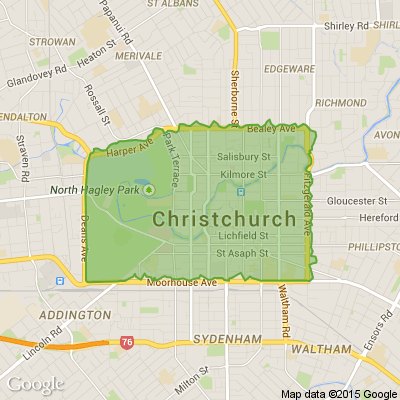Cold Comfort: Ashburton’s air pollution on track for worst winter in six years
Ashburton is on track for its worst air pollution winter in more than six years, after breaching the high-pollution threshold twice.
Ashburton has had two incidents of breaching the national air quality standards so far this winter, which already matches its worst winter in recent times, the two breaches in 2018.
The monitoring site located in a residential area on Cambridge St recorded the breaches on April 25 and June 7.
It had only two incidents in the five years from 2019 to 2023.
Ashburton’s worst year was 2006 when it had 28 breaches but steadily improved to record its first year with no breaches in 2020.
In surrounding areas, Kaiapoi had six breaches and Timaru had three, while Washdyke, historically the worst offending site with 35 breaches in 2023, recorded the most with 14 days exceeding the national standards.
Environment Canterbury (ECan) principal science analyst Teresa Aberkane said home heating is a major contributor to air pollution in Canterbury.
“Weather and topography also play a big part in how long woodsmoke stays in the air.
“During the winter our cold, still, frosty days mean the smoke from home heating isn’t blown away overnight and gets trapped until morning when the air warms up or the wind picks up.”
ECan monitors air quality at 10 sites across eight airsheds, focusing on particulate matter (PM), specifically PM10 (particles smaller than 10 micrometres in size) and PM2.5 (particles smaller than 2.5 micrometres in size).
These tiny particles are important to monitor because they are small enough to be breathed in, Aberkane said.
When breathed in, PM10 can deposit in the upper airways and cause irritation, as well as affecting the lungs and heart.
PM2.5 can lodge deep into our lungs and reach the bloodstream, potentially leading to serious respiratory, heart and lung problems.
“We’ve seen significant improvement in Canterbury’s air quality over the last two decades, thanks in large part to the efforts of Cantabrians who have switched their smoky burners for lower emission forms of heating, such as heat pumps or ultra-low emission burners.”

Worst Xmas ever?
There's a a lot of planning that goes into Christmas day and sometimes things just don't go to plan. But it can be a good thing - a family mishap or hilarious memory that you can laugh about in Christmases to come.
Whether you burnt the dinner or were stranded at an airport...
Share your Christmas mishaps below!

⚠️ DOGS DIE IN HOT CARS. If you love them, don't leave them. ⚠️
It's a message we share time and time again, and this year, we're calling on you to help us spread that message further.
Did you know that calls to SPCA about dogs left inside hot cars made up a whopping 11% of all welfare calls last summer? This is a completely preventable issue, and one which is causing hundreds of dogs (often loved pets) to suffer.
Here are some quick facts to share with the dog owners in your life:
👉 The temperature inside a car can heat to over 50°C in less than 15 minutes.
👉 Parking in the shade and cracking windows does little to help on a warm day. Dogs rely on panting to keep cool, which they can't do in a hot car.
👉 This puts dogs at a high risk of heatstroke - a serious condition for dogs, with a mortality rate between 39%-50%.
👉 It is an offence under the Animal Welfare Act to leave a dog in a hot vehicle if they are showing signs of heat stress. You can be fined, and prosecuted.
SPCA has created downloadable resources to help you spread the message even further. Posters, a flyer, and a social media tile can be downloaded from our website here: www.spca.nz...
We encourage you to use these - and ask your local businesses to display the posters if they can. Flyers can be kept in your car and handed out as needed.
This is a community problem, and one we cannot solve alone. Help us to prevent more tragedies this summer by sharing this post.
On behalf of the animals - thank you ❤️








 Loading…
Loading…
























